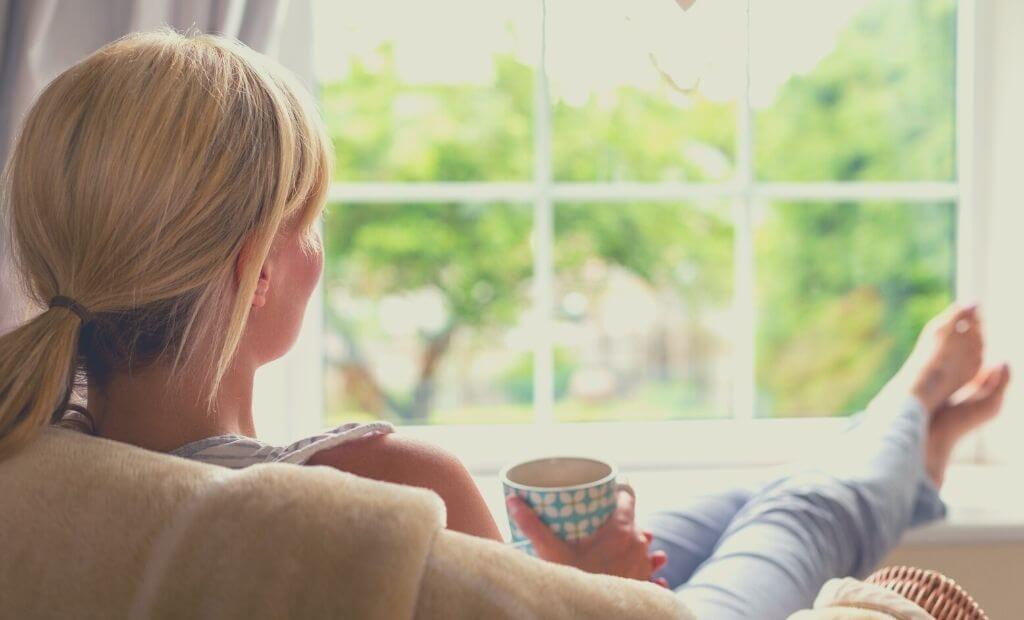In a world filled with constant noise, distractions, and clutter, many people are finding solace in the concept of minimalistic living. Embracing a minimalist lifestyle means decluttering your physical and mental space, focusing on what truly matters, and finding joy in simplicity. This article explores the benefits and techniques of minimalistic living and how it can bring a sense of peace and contentment to your life.
At its core, minimalistic living is about owning and surrounding yourself with only the things you truly need and love. It involves decluttering your home and letting go of possessions that no longer serve a purpose or bring you joy. By simplifying your physical environment, you create a sense of spaciousness and calmness. Rather than being weighed down by excessive belongings, you can focus on the things that truly matter and appreciate their value.
One of the key benefits of minimalistic living is the reduction of stress and overwhelm. Cluttered spaces often contribute to a sense of chaos and unease. By removing unnecessary items and organizing your living space, you create a more harmonious environment that promotes relaxation and clarity of mind. Minimalistic living allows you to escape the constant consumerist mindset and find contentment in what you already have.
Being frugal involves purchasing and using resources in a way that considers future demands. It can be used in any aspect of life, but it is frequently used to describe financial habits. Being frugal does not imply being impoverished or cheap. It entails making deft decisions that will be advantageous to you over the long haul.
Being frugal goes against the grain of our consumerist society, therefore it can be a challenging notion to understand. We are continually inundated with messages that claim we must have better and more things to be happy. However, the reality is that none of this provides us with the bliss that is promised. In actuality, it frequently has the opposite impact.
Describe minimalism
Reducing your material stuff is a key component of the minimalist lifestyle. It can be summed up with the adage “less is more.” Living a life of deprivation or having nothing is not what minimalism is about. Living simply and with only what you require is the goal.
Being minimalistic may be liberating. It might enable you to focus on what is essential by assisting you in clearing the clutter from your life. Because you don’t need to buy as many goods when you have fewer of them, it can also be a fantastic method to save money.
In addition to the physical benefits, minimalistic living has a profound impact on mental and emotional well-being. The process of decluttering and simplifying helps you let go of attachments to material possessions and embrace a more mindful and intentional way of life. Minimalism encourages you to focus on experiences, relationships, and personal growth rather than the pursuit of material wealth. This shift in mindset promotes gratitude, contentment, and a deeper appreciation for the present moment.
Practicing minimalistic living also leads to increased productivity and efficiency. When you have fewer belongings and distractions, it becomes easier to prioritize and focus on the tasks that truly matter. By streamlining your physical environment, you eliminate visual and mental clutter, allowing your mind to stay clear and focused. With fewer possessions to maintain and organize, you free up time and energy for activities that bring you joy and fulfillment.
To embrace minimalistic living, start by decluttering your home. Begin with one area or room at a time and ask yourself if each item serves a purpose or brings you joy. If not, consider donating, selling, or discarding it. Be mindful of your purchasing habits going forward and only acquire truly necessary items or add value to your life. Focus on quality over quantity, investing in well-made and long-lasting items rather than succumbing to impulse buying or trends.
Incorporate minimalistic principles into your daily life beyond physical possessions. Evaluate your commitments and obligations, and learn to say no to those that don’t align with your values or bring you joy. Simplify your schedule and make time for self-care, hobbies, and meaningful connections. Limit screen time and digital distractions, creating space for reflection, creativity, and mindfulness.
Minimalistic living extends beyond your personal space. Consider the impact of your lifestyle choices on the environment and practice sustainable habits. Embrace the concept of conscious consumption, opting for eco-friendly products and reducing waste. Focus on experiences rather than material possessions, creating memories that will last a lifetime.
It’s important to note that minimalistic living is a personal journey, and there is no one-size-fits-all approach. It’s about finding what works best for you and aligns with your values and goals. Some individuals may choose to embrace a more extreme form of minimalism, while others may incorporate minimalistic principles more moderately. The key is to find a balance that brings you joy and enhances your overall well-being.
In conclusion, minimalistic living offers a path to finding joy and contentment in simplicity. By decluttering your physical space, focusing on what truly matters, and embracing intentional living, you can experience a sense of peace, clarity, and fulfillment. Minimalistic living is about letting go of excess, cultivating gratitude, and creating a life filled with meaning and purpose.
